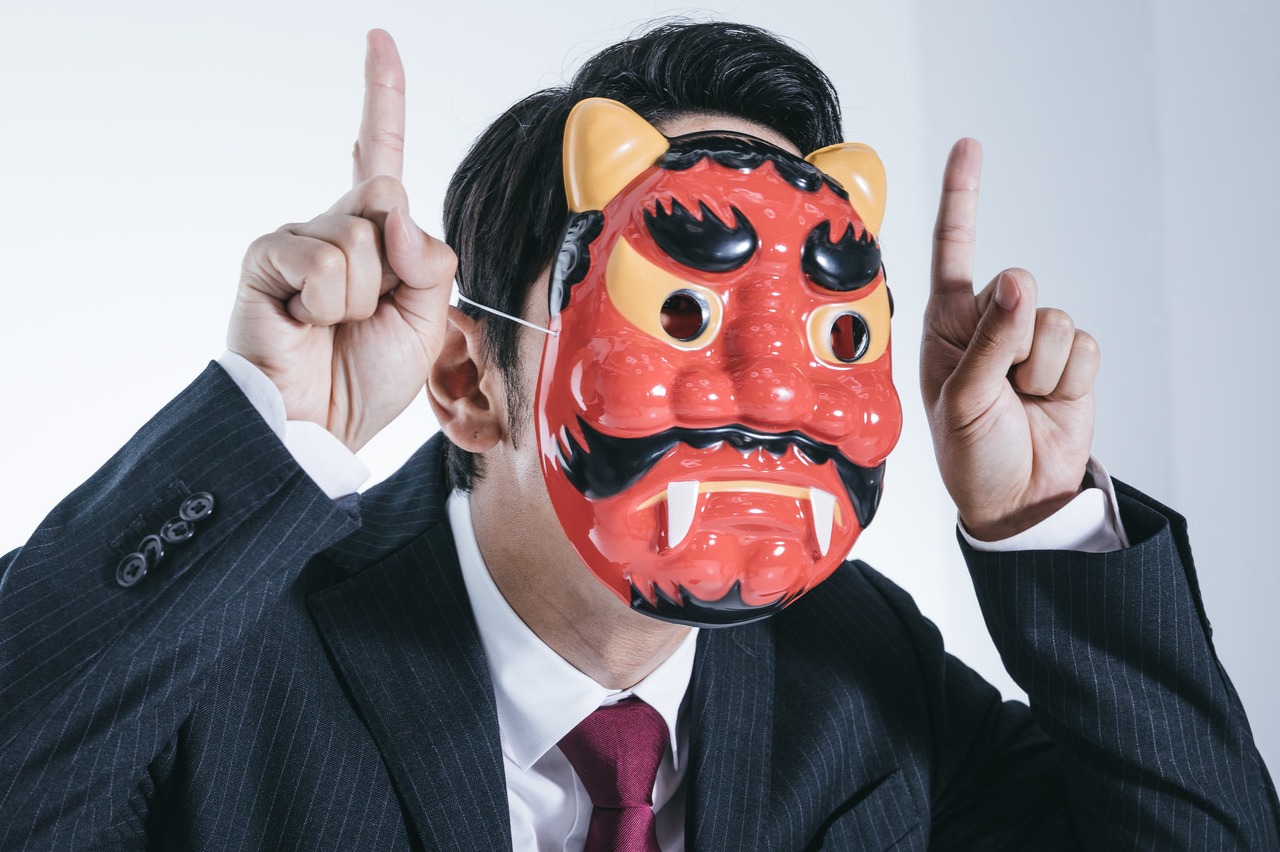Recent Trends in Recruitment Interviews in Japan (1): Structured Interview
CONTENTS
About 15 years ago, there was a book that was very popular among Japanese students. It was called "The Master of Job Interview" and it was very popular among students who would graduate the following year, i.e. students who were looking for a job. Students preparing for job interviews memorized all the answers written in the book. As time has passed since then, companies have become more and more creative in their job interviews. This is what is called "de-manualization."
However, this de-manualization has led to a variation in the evaluation by interviewers. This is because interview evaluations are often based on individual subjectivity, and it is easy for different interviewers to make different evaluations. There was a risk of missing out on talented people due to this discrepancy in evaluation, or hiring people who were not what the company expected. If they can standardize the hiring criteria to prevent the misalignment of evaluations, we can hire the people the company expects.
What is Structured Job Interview?

Thus the structured job interview method was developed as a way to standardize the criteria for recruitment. This method is not a recent development, but has been around for a long time as an approach to assessment in clinical psychology. The method is very simple: the evaluation criteria and questions are decided in advance. So different interviewers ask the same set of questions. You may think that this is a reversion to manual questioning, but you can say it is a more sophisticated version of manual questioning.
So how does it work? The structured interview method is designed by combining two types of interviews: "behavioral interviews (past behavior test)" and "situational interviews (future behavior test)." Behavioral interviewing involves asking questions that delve into the candidate's past behavior. Since behavior is born from the candidate's qualities and personality, analyzing the behavior can measure the true abilities and fairness and honesty hidden in the candidates. For example, start with a question such as "Tell me about the most difficult experience you have had in your career," and then delve into the "Situation" of that time, the "Task" you faced at that time, what "Actions" you took, and what "Results" you achieved.
Examples of "situation" questions
・What kind of organization and team were you a part of?
・What was your role in the organization?
・What were your responsibilities and authority?
Examples of questions related to "Tasks"
・What were the business objectives?
・What kind of problems did you encounter?
・What was cause of the problem?
・How did you become aware of the problem?
・By what time did you have to solve the problem?
Examples of "Action" questions
・How did you try to solve the problem?
・What plan did you make?
・How did you plan to solve the problem? - What actions did you take in order?
・How did you interact with others outside your team?
Examples of "Result" questions
・How well did you solve the problem?
・How well did you follow the plan?
・What were the areas that were lacking?
・What was the reaction of the people around you to the results?
・What changes occurred as a result?
This is a method that is often used in job interviews in Japan these days because the combination of several such questions can reveal a candidate's logical thinking, mindset and values.
The Situational Interview
Situational interview is a type of interview where the interviewer asks, "What would you do if you were in this situation? In the situational interview, you are asked to answer how you would think and act in an imaginary situation set by the interviewer. As with the behavioral interview, the interviewer is more likely to get the candidate's true intentions and behavioral patterns for the future out of the interview.
"Unstructured Job Interviews" are the traditional method of recruitment interviews in Japan

In contrast to the structured interview method, where the interview content is manualized, the unstructured interview is a method where the interviewer conducts the interview freely without detailed rules. Unstructured interviews tend to be less structured than structured interviews, and therefore the interviewer's interview questions tend to vary more. For example, if an interviewer laments, "I'm sure I heard what I wanted to hear, but when I look back after the interview, I'm not sure how good the candidate is," it's likely that the interviewer asked a lot of "simple questions and guiding questions."
"Simple questions" are questions that the candidate can prepare for in advance. For example, questions such as "Why do you want to work for this company? Many candidates prepare carefully to make themselves look as good as possible to the interviewer. While careful preparation in itself can be positively evaluated, it tends to make the candidate's appearance and actions at the interview look and feel fake, making it difficult to see the candidate's true abilities.
Examples of Simple Questions
・Please introduce yourself.
・What is your motivation for applying for this job?
・What have you devoted yourself to in the past?
・What are your strengths and weaknesses?
・Are you considering other companies other than ours?
"Guiding questions" are questions that let the other person know the answer the company is expecting. Questions such as "Is it possible for you to be transferred to the local area?" can convey the company's desire for you to be transferred. As a result, companies have experienced in the past that a candidate declines a job offer because he or she is unable to relocate after the offer has been made. Guiding questions also make it difficult to see the candidate's true values.
Examples of guiding questions
・Is it okay if you have to work some overtime?
・Are you okay with the possibility of being transferred?
・Is it okay that all the staff only speak Japanese?
・Is it okay if you can't take vacations as you desire?
However, both guiding and simple questions are still being asked. Especially for foreign nationals, it is natural that you will be asked a lot of those questions. Be prepared to deal with both structured and unstructured interviews.


